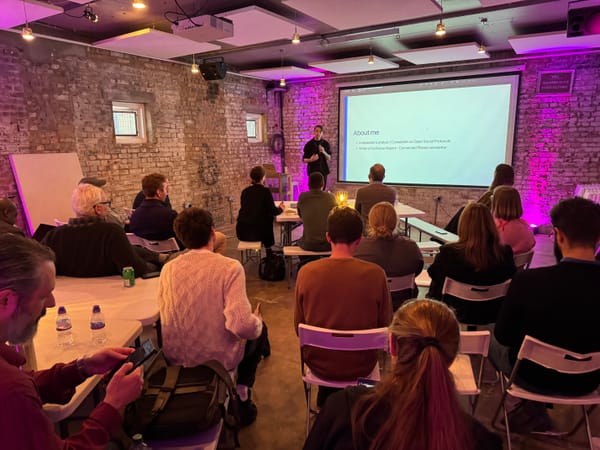America is a myth
We have to decide which story we believe in.

My father’s first memories are of a concentration camp. I grew up hearing the stories, and hearing my grandmother’s screams at the hands of the nightmares she faced every single night. I am able to exist because she secretly gathered and cooked snails in the camp, and because my aunt was able to sneak out through the sewers to gather more food.
It wasn’t a death camp, technically, but they killed people in high numbers. The way people died was through malnourishment, or the terrible conditions, or through direct punishment or torture at the hands of the guards. The Japanese-run camps were the site of many atrocities, forced labor, and medical experiments.
Of course, in camps run by Nazi Germany, they systematically executed people. That wasn’t always the plan: first, they intended to deport people in large numbers. It was only later on, once these detainments and deportations proved to be too slow, that they moved on to the “final solution”.
That was eighty years ago. Today, we’re building, running, and partnering with camps that are both visually and thematically similar. We own the sociopathically-named Alligator Alcatraz in South Florida; we partner with the Center for Terrorism Confinement in El Salvador; we’re trying to make deals with places like South Sudan and Rwanda to take deportees that echo plans from long ago. ICE, our anti-immigrant federal agency, is now better funded than most national militaries.
We are still at the foothills of a bigger fascist movement in the United States. Notable experts in totalitarianism have already left the country. It seems big compared to where we’ve been, but it’s still small compared to where we’re going.
I reject nativism completely. I unapologetically think people who use phrases like “un-American” are dumb as rocks, but if anything seems un-American, it’s that. I’m a natural-born American citizen who hails, on my mother's side, from a long-standing American family who arrived here on the Mayflower. My ancestors include diplomats who shaped American foreign policy and authors who are a part of the American canon. Yet I’m no more American than someone who naturalized today; I’m no more important on this or any soil than any other person. Why would I be?
The stories I’ve always been told about America, the ones that really make it sound great, are the ones where immigrants arrived here, perhaps via Ellis Island, and could make a life for themselves, with great union jobs, and make a mark on what the country is. The ones where our cities are homes to people of every ethnicity and every background, where every culture and religion is welcome. They’re myths, of course. The history is far more dark and complicated than that — we’re still dealing with the legacy of slavery and the civil war, let alone Jim Crow, the Tulsa race massacre, the assassination of Dr Martin Luther King, Jr, or COINTELPRO, to pick just some examples. But as far as myths go, they’re good ones; something to aim for.
We’re busy building a new myth: one that looks a lot closer to the stories that led to death and suffering that was so traumatic that it defined the century that followed it. Those are also the stories that led my grandfather to lead his local resistance movement in Indonesia, and to my cousins in Northern Europe to lead theirs. Back then, good people around the world stood up for inclusion, equality, parity, life, and dignity for all. Now, we have to decide which story about America we want to believe, hold onto, and stand up for — and we have to decide what really matters.
There are still people who think this is about partisanship, and that our norms will endure. I simply don’t agree. It’s about democracy itself, and our norms are already gone.
Happy Fourth of July. I’m not feeling very patriotic. But given the choice between a multicultural democracy that welcomes all and one that seeks to tear us back to the worst part of the twentieth century, I’m damn sure where I stand.


